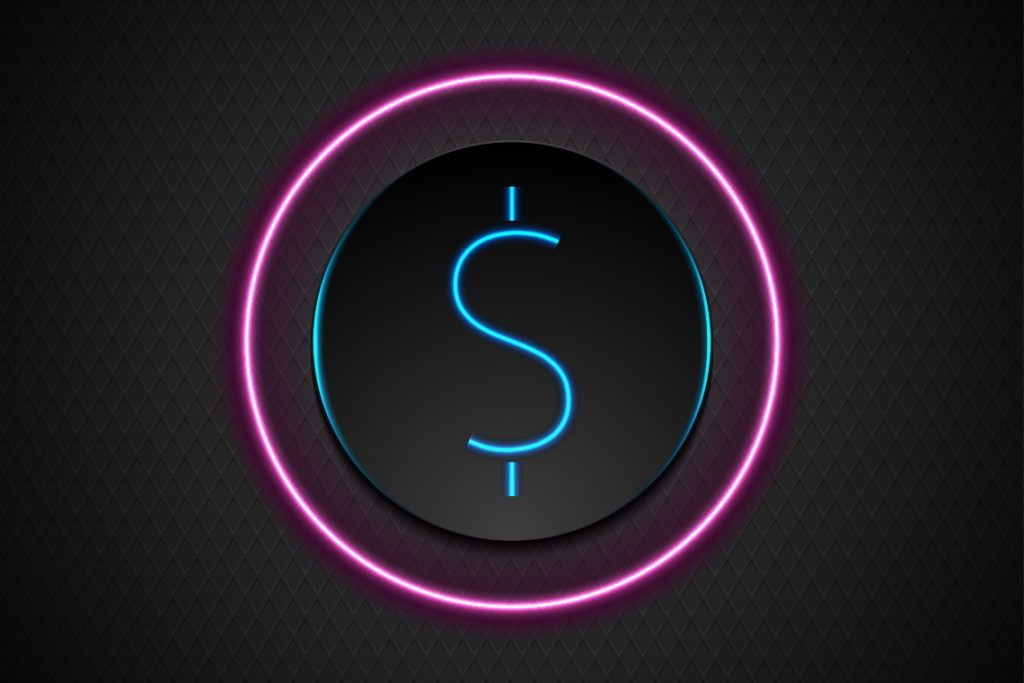The exchange Binance has recently been in the news for minting 50 million units of the TrueUSD stablecoin after the US Securities and Exchange Commission (SEC) ordered it to stop issuing the BUSD stablecoin.
In this article, we will discuss the details of this event and what it means for Binance and the cryptocurrency industry as a whole.
Summary
Binance exchange seeks alternatives after SEC order
Recently, the SEC ordered Binance to stop offering BUSD to US customers, citing the lack of registration and oversight of stablecoin as a security.
Binance announced that it has minted 50 million units of TrueUSD stablecoin.
TrueUSD is a stablecoin issued by TrustToken, and it is also pegged to the US dollar. The news of Binance’s minting of TrueUSD stablecoins came as a surprise to many in the cryptocurrency industry, as Binance had not previously announced any plans to issue TrueUSD.
The decision may have been motivated by Binance’s desire to maintain its market share in the stablecoin market.
Tether, the issuer of USDT, has come under regulatory scrutiny in recent years due to concerns about its reserves and transparency.
The SEC has also opened an investigation into Tether‘s operations. This has led some clients and traders to seek alternative stable currencies.
The recent action by Binance and its CEO may also be a strategic move to diversify its stablecoin offering.
By offering more stablecoins, Binance can reduce its reliance on a single stablecoin and reduce its exposure to regulatory risk. This is especially important given the regulatory uncertainty surrounding the cryptocurrency industry in many jurisdictions.
In addition, statements by CEO Changpeng Zhao note that he has never been overly optimistic about the success of the Binance-branded BUSD stablecoin:
“To be honest BUSD has never been a big business for us, when we started I thought the BUSD project might fail, so actually we don’t have a good economy on that collaboration.”
The minting of $50 million of TrueUSD stablecoin by Binance has also raised concerns about the potential impact on the stability of the cryptocurrency market.
Stablecoins are used as a medium of exchange and store of value by many cryptocurrency traders and investors.
The sudden increase in the supply of TrueUSD could potentially lead to a decrease in demand for other stablecoins, which in turn could impact the price stability of the cryptocurrency market.
Concerns have also been raised about the regulatory status of stablecoins. Stablecoins are currently unregulated in many jurisdictions, which has led to concerns about their potential use for money laundering and other illicit activities.
The SEC’s decision to order Binance to stop issuing BUSD to US customers is based on the idea that BUSD is a security, which means it must be registered and comply with securities regulations.
The regulatory status of stablecoins is likely to be a key area of focus for regulators in the coming years.
The Financial Stability Oversight Council (FSOC), a US government body responsible for monitoring and responding to threats to financial stability, has identified stablecoins as a potential risk to the financial system. In a recent report, FSOC called for greater regulation of stablecoins to address the risks they pose.
Binance and Huobi freeze 1.4 million funds linked to North Korea
In addition to the news of Binance’s minting of TrueUSD stablecoins, the exchange has recently been in the news for freezing $1.4 million in cryptocurrencies allegedly linked to North Korea.
Huobi, another cryptocurrency exchange, also froze a similar amount of cryptocurrencies in connection with the same case.
The cryptocurrencies were allegedly stolen from an exchange in 2018 and laundered through various cryptocurrency exchanges before ending up on Binance and Huobi. The frozen cryptocurrencies included Bitcoin, Ethereum, and Tether. The cryptocurrency freeze occurred in accordance with international sanctions against North Korea.
Crypto are often considered an anonymous and decentralized medium of exchange, which makes them attractive to criminals and other illicit actors. However, the fact that cryptocurrency transactions are recorded on a public ledger makes it possible to track the flow of funds and identify the parties involved in the transactions.
Cryptocurrency exchanges are required to comply with anti-money laundering (AML) and know-your-customer (KYC) regulations to prevent the use of cryptocurrency for illicit activities.
However, compliance with these regulations can be difficult due to the decentralized and global nature of the cryptocurrency industry. Exchanges must also balance the need for compliance with customer privacy and security.
Binance and Huobi’s decision to freeze cryptocurrencies linked to North Korea is an important step in demonstrating their commitment to preventing the use of cryptocurrencies for illicit activities. The move also reflects the increasing focus on cryptocurrency regulation by governments and regulators around the world.
The Financial Action Task Force International (FATF), an intergovernmental body that sets global standards for anti-money laundering and counterterrorism, has called on governments to regulate cryptocurrency exchanges and other virtual asset service providers.
The FATF guidance requires exchanges to implement AML and KYC measures and report suspicious transactions to authorities. The European Union has also proposed a new regulatory framework for cryptocurrencies that would require exchanges to register and comply with AML regulations.
The freezing of North Korea-related cryptocurrencies by Binance and Huobi is an important reminder of the challenges and risks associated with the cryptocurrency industry.
It also highlights the need for continued efforts to improve the security, transparency, and compliance of cryptocurrency exchanges and the broader cryptocurrency ecosystem.




